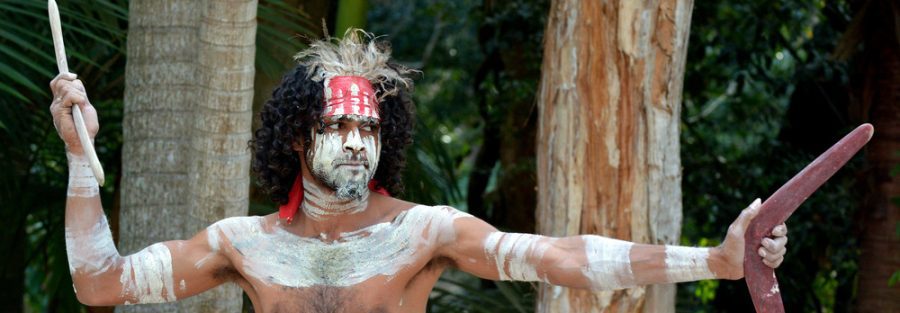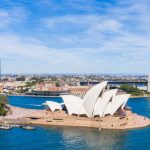British colonisation brought the influence of Western art, music, literature, and religion, which shaped the country’s cultural evolution. Christianity, particularly the Anglican denomination, became prominent, influencing holidays, social services, and educational institutions. This religious and cultural overlay often clashed with Indigenous belief systems and practices, leading to the loss of Indigenous languages and cultural practices in many regions. Despite these changes, Indigenous culture remains a vital part of Australia’s identity, with increasing efforts to preserve and celebrate it.
While British influence remains a foundation, Australia’s identity has diversified. Post-World War II immigration policies, especially after the White Australia Policy was dismantled, led to a multicultural society that values diversity. Today, Australia embraces a wide range of cultural influences, with communities from all over the world contributing to its modern identity. This multiculturalism has added richness to Australia’s food, language, and traditions, creating a uniquely Australian way of life that celebrates both Indigenous heritage and the influences of British colonisation, now alongside those from Europe, Asia, and beyond.




